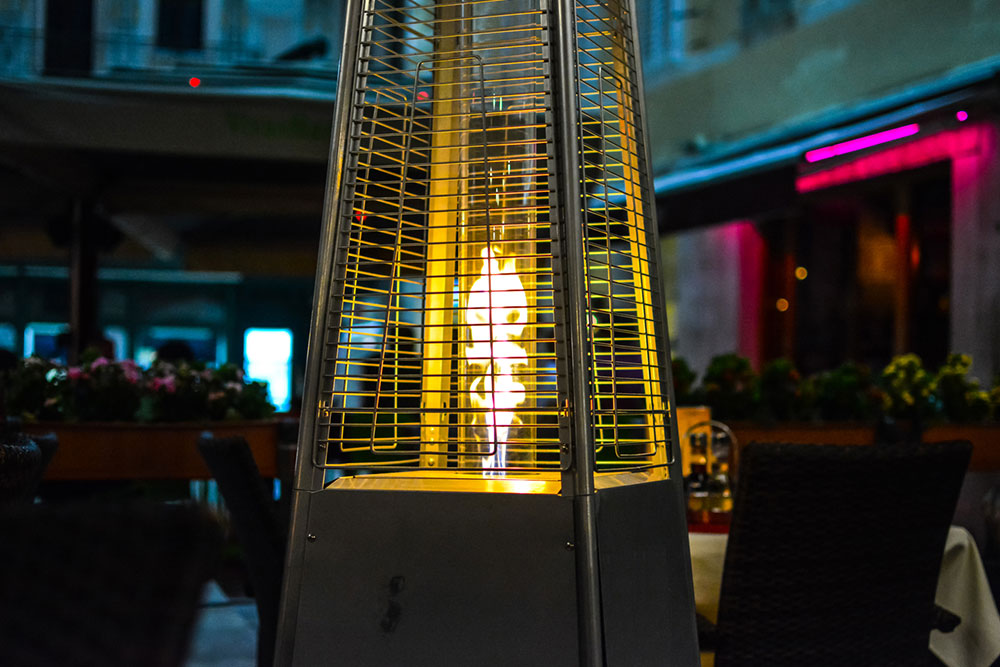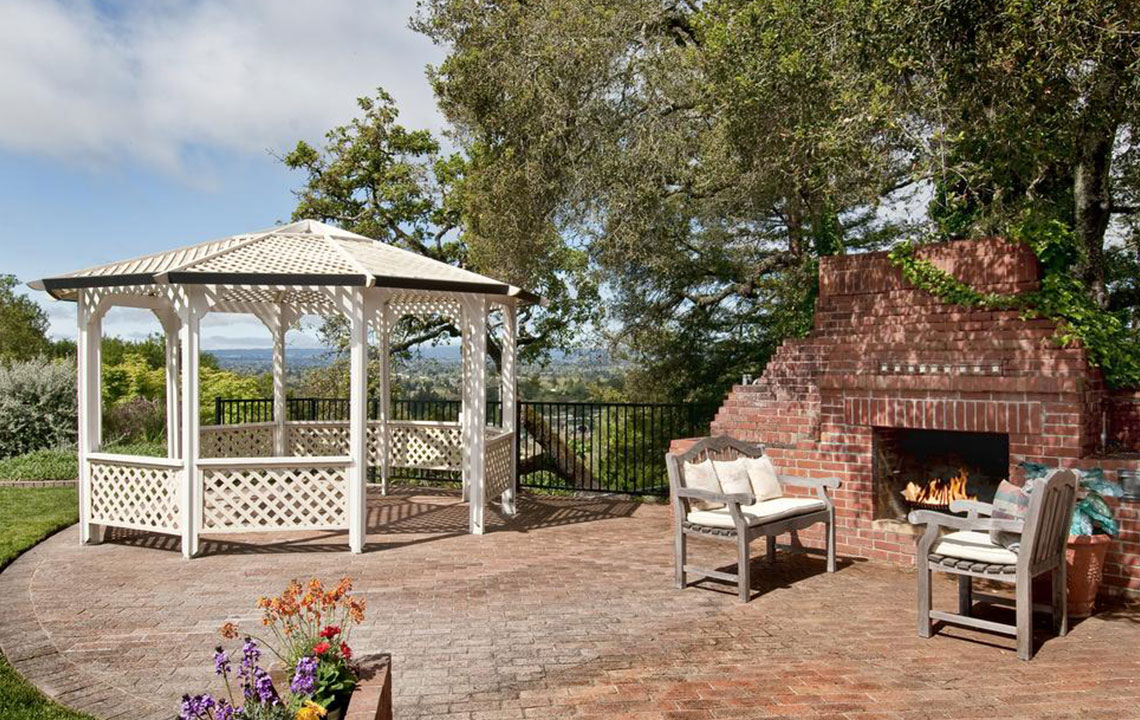Pros and Cons of Outdoor Heating Solutions
Discover the key benefits and drawbacks of outdoor heating solutions. This guide highlights various heater types, safety tips, and design options to enhance your outdoor living space year-round. Learn how to choose eco-friendly and cost-effective outdoor heaters that suit your needs, ensuring comfort and style in any season.

Pros and Cons of Outdoor Heating Solutions
Adding an outdoor heater to your patio can greatly improve your outdoor living experience. These devices provide warmth, enabling you to enjoy outdoor spaces throughout the year, even during colder weather. They contribute to a cozy environment perfect for entertaining or relaxing. However, quality outdoor heaters can be costly, so it’s important to consider their advantages and disadvantages carefully. Below is a detailed overview of the key benefits and drawbacks.
Advantages of outdoor heaters
Extended outdoor enjoyment
Outdoor heaters allow you to comfortably use your outdoor areas during chilly months. Whether hosting gatherings, dining outdoors, or unwinding under the stars, they help maintain comfort outside.
Enhances property attractiveness
Aside from functionality, outdoor heaters improve your property’s visual appeal. A stylish patio with quality heating adds a touch of luxury, potentially increasing the home's value and appeal to buyers.
Variety of styles available
Heaters come in numerous designs, including sleek freestanding models or wall-mounted units. This variety allows homeowners to select options that seamlessly match their outdoor decor.
Easy installation and portability
Many outdoor heaters are simple to set up and move around, offering flexible warmth in different outdoor spots or during outdoor activities.
Multiple fuel options
Depending on personal needs and environmental concerns, users can choose from propane, natural gas, electric, or wood-burning heaters, making it easier to find an eco-friendly solution.
Creates a welcoming atmosphere
Beyond providing heat, outdoor heaters add ambiance with flickering flames or warm glow, transforming outdoor spaces into inviting retreats for socializing and relaxation.
Disadvantages of outdoor heaters
Running costs
Operating heaters continuously, especially propane and natural gas models, incurs ongoing expenses for fuel or gas line connections. Electric models, though energy-efficient, can increase electricity bills over time.
Environmental impact
Heaters powered by fossil fuels emit carbon dioxide, affecting the environment. Electric versions are cleaner but depend on energy sources with their own environmental footprints. Sustainability-minded consumers should consider eco-friendly options.
Limited coverage area
Most heaters are suited for small to medium spaces and may struggle to warm large or irregular outdoor zones. Proper placement is key for effective heating.
Safety concerns
Open flames or heating elements pose safety risks. Users should follow safety guidelines, keep flammable objects away, and avoid direct contact to prevent injuries.
Weather sensitivity
Effectiveness can decline in windy or extremely cold conditions, as wind disperses heat and very low temperatures challenge heater performance.
Common types of outdoor heaters
Propane heaters
Known for portability, these heaters run on propane gas, offering quick, adjustable warmth. They are easy to move and position for maximum comfort.
Electric heaters
Offering simplicity and eco-credentials, electric heaters emit infrared heat that warms objects directly. They’re available as wall-mounted, tabletop, or freestanding units, suitable for various outdoor areas.
Natural gas units
Connected directly to a natural gas line, these heaters provide continuous warmth with minimal maintenance. Ideal for larger outdoor spaces, but often require professional installation.
Infrared heaters
Utilizing infrared radiation, these heaters warm objects instead of the surrounding air, offering instant heat and energy efficiency. They come in different configurations like wall-mounted or freestanding.
Note:
Our blog provides diverse insights across multiple topics for readers seeking useful and practical information. While our research aims to be accurate, it should not be considered exhaustive or definitive. We disclaim responsibility for data discrepancies or updates from other sources. Some deals or offers mentioned may vary from other platforms.


